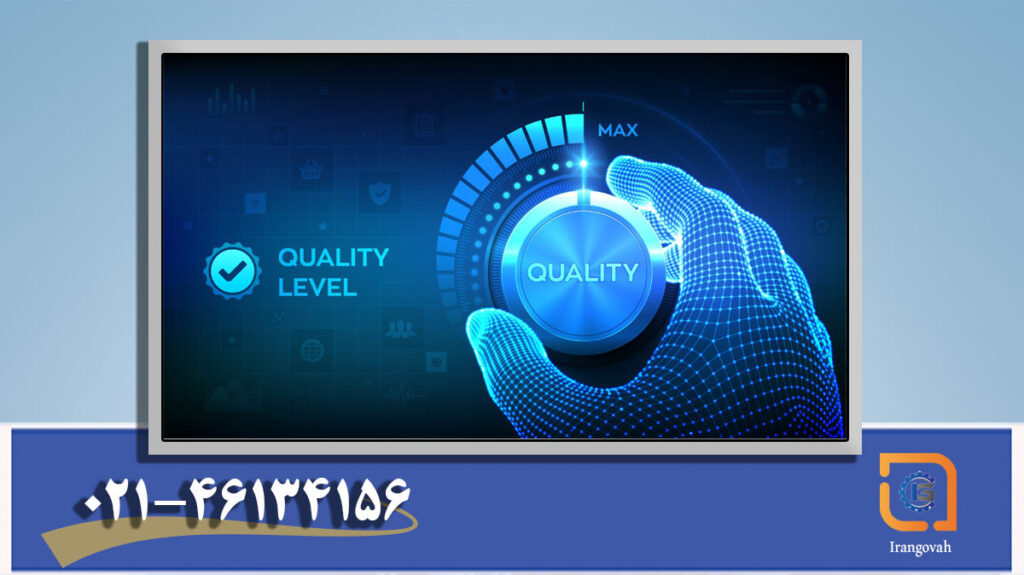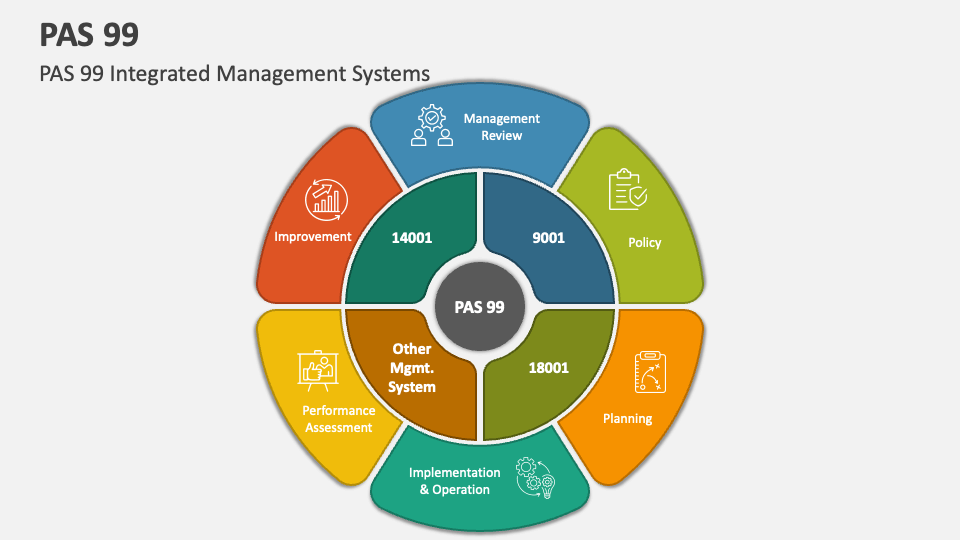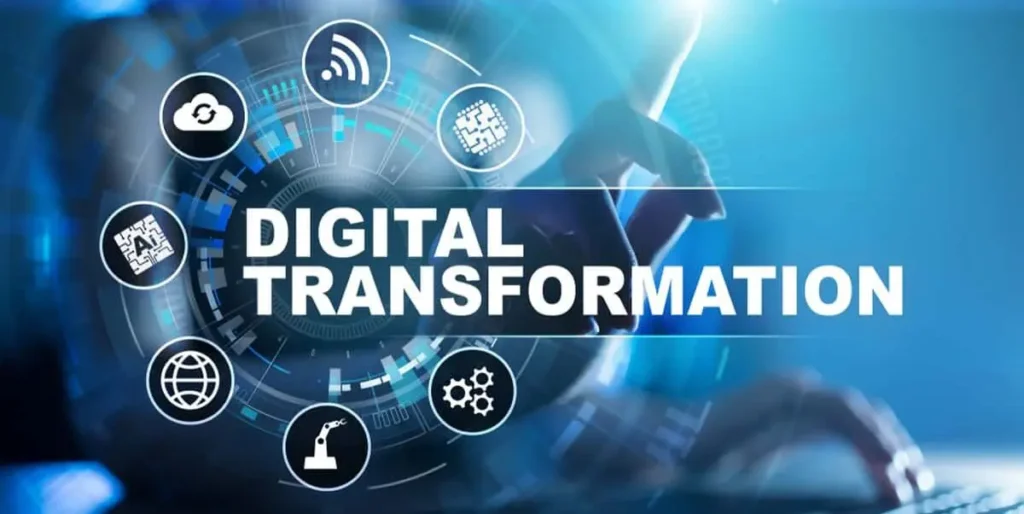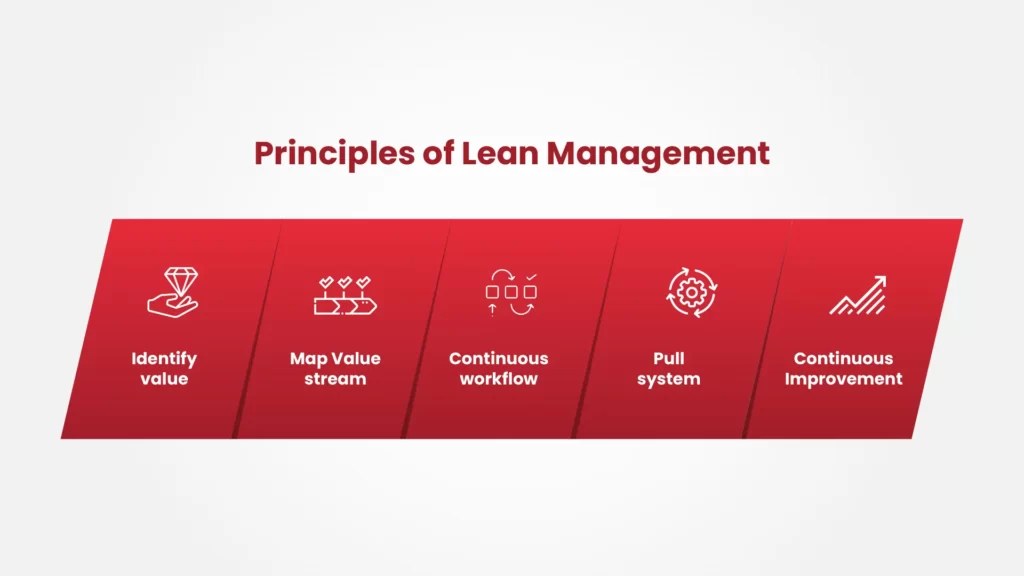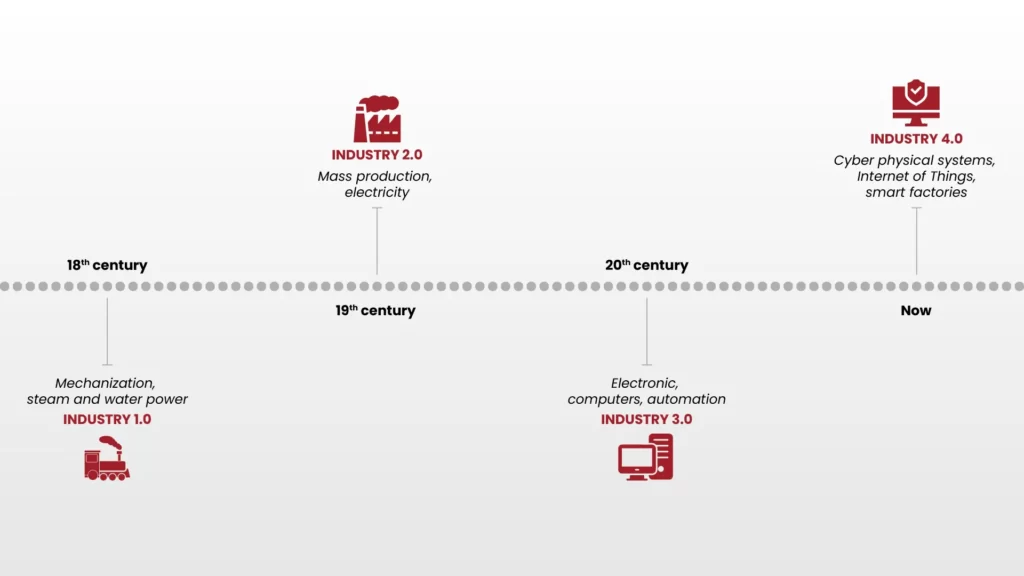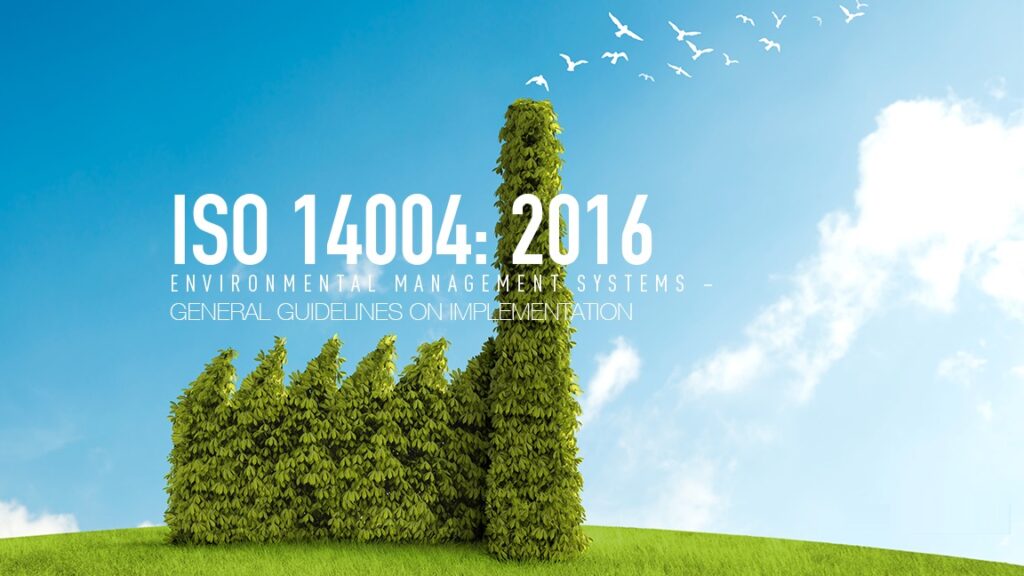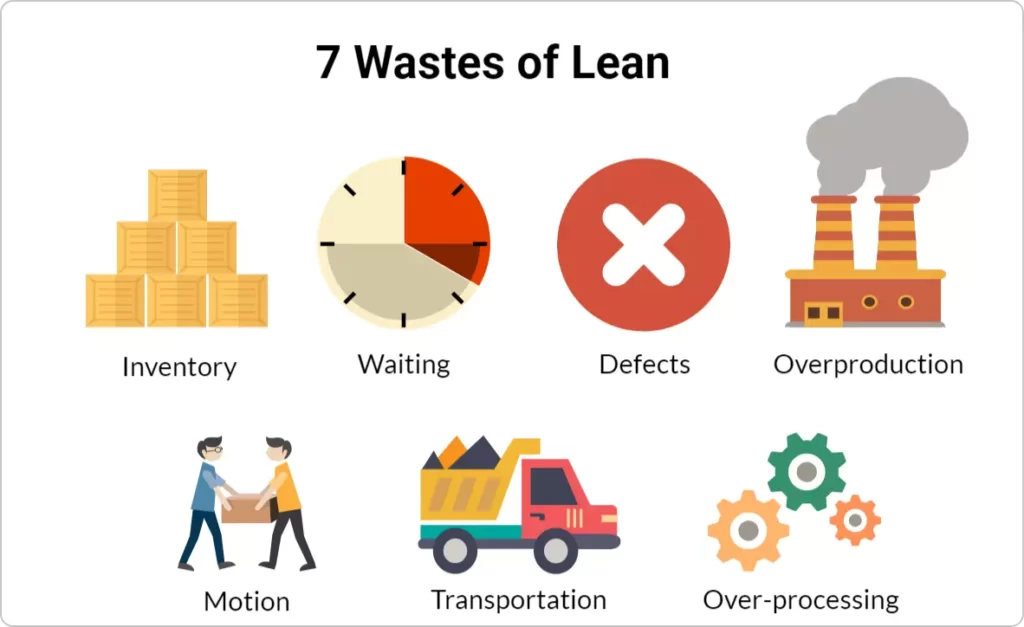What is the difference between standards and quality? Standards refer to guidelines and specifications that set the minimum requirements for a system, service, or product to ensure its efficiency and safety. On the other hand, quality refers to the overall superiority, fitness for purpose, and the degree of satisfaction that a product or service provides […]
Articles
In this article we talk about Introduction to PAS 99: Integrated Management System Standard. PAS 99 was developed to enable organizations to integrate the requirements of a common management system within a unified framework. The 2006 version of PAS 99 was designed to facilitate this integration, while the 2012 version aligns with the structure of
With the increasing number of organizations processing Personally Identifiable Information (PII), the need for these organizations to ensure the safety and privacy of data has become more crucial. In Iran, training and certification for ISO/IEC 29100 are offered, which provide best practices for protecting PII. Data protection is vital as it safeguards an organization’s information
Overview of Digital Transformation and IoT In this article, we will explore how the Internet of Things (IoT) impacts digital transformation (Digital Transformation and IoT). Digital transformation is an ongoing process that assists organizations in achieving long-term growth through the integration and increased use of digital technology, aligning them with rapidly evolving industries. The Internet
Standardization is achieved by establishing generally accepted guidelines related to the creation or support of a product or service, as well as the management of a business or certain required processes. The goal of standardization is to apply a level of consistency or uniformity to specific actions or operations within a chosen environment. Framework of
Industry 4.0, often known as the Fourth Industrial Revolution, is used to conceptualize the current era in which automation and digitization have dominated the industrial industry. It refers to the integration of numerous advanced technologies that are reshaping how individuals and industries function.
Organizational waste can be defined as any activity, process, or practice that does not add value to the customer or the organization. It can take various forms such as time, resources, materials, or energy. Reducing organizational waste is critical for the success of any business. It helps to optimize resources, improve efficiency, reduce costs, and enhance customer satisfaction. In this article, we will explore some practical strategies for reducing organizational waste.
In today’s data-driven world, evidence based decision making has become increasingly important for organizations to make informed and effective decisions. Evidence-based decision-making involves using data and evidence to inform decision-making processes, rather than relying on intuition or past experience alone. In this article, Iran Govah will explore what evidence-based decision-making is, its benefits, and how it can be implemented successfully.

